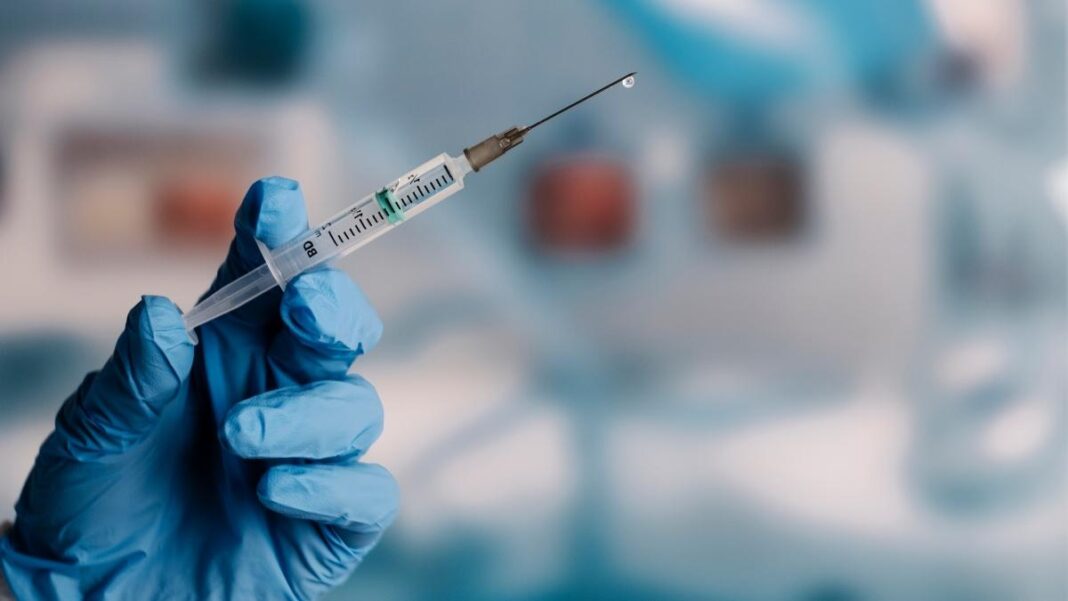BTN News: Hope is on the horizon for the 400 Spaniards living with the rare and debilitating CDKL5 deficiency disorder, as new research offers not just the promise of improved quality of life but also the potential to reverse the condition altogether. This breakthrough is particularly poignant for Iris, an 8-year-old girl from Valladolid who has been grappling with the disorder since her birth in 2015. For her family, this news carries a weight of optimism that was once overshadowed by years of uncertainty and misdiagnoses, a common experience for many affected by this rare genetic mutation. Iris’s mother, Oceanía Castillo, who leads the CDKL5 Deficiency Association in Spain, has been at the forefront of this battle, advocating for greater awareness and support for those affected by the syndrome.
The CDKL5 deficiency disorder is caused by a mutation in the CDKL5 gene, a critical component in brain function. In individuals with this disorder, the mutation disrupts the gene’s ability to produce functional proteins, leading to a range of neurological impairments. These include severe developmental delays, motor difficulties, and epilepsy. The disorder is particularly challenging to diagnose due to its rarity and the variability in symptoms, often resulting in misdiagnoses and a lack of targeted treatments.
For years, families like Iris’s have navigated the complexities of this disorder with little guidance. It wasn’t until October 2020 that CDKL5 deficiency was formally recognized, a milestone that came too late for many who had already endured years of medical uncertainty. Oceanía Castillo recalls the frustration and isolation that accompanied those early years, as the lack of information left them feeling “very lost.” However, the increased accessibility of genetic testing has begun to change that landscape, offering a clearer path for diagnosis and enabling more families to connect with the CDKL5 Deficiency Association. Through this network, parents can share their experiences and support each other in managing the daily challenges posed by the disorder.
Despite its rarity, research into CDKL5 deficiency is making significant strides. The disorder is now a focal point of international collaboration, with affected families and researchers working together to accelerate the development of treatments. The International Alliance of CDKL5 Deficiency, a coalition of global organizations, plays a crucial role in this effort by pooling resources and sharing data to avoid duplication of studies. A major breakthrough occurred two years ago during a forum organized by the Loulou Foundation, where a pharmaceutical company announced its readiness to begin clinical trials on a promising new treatment. This innovative drug, delivered via an injection directly into the brain, functions like a virus, targeting the faulty section of the CDKL5 gene. The treatment holds potential not just for young patients but for older individuals as well, as the essential brain protein affected by the disorder is needed throughout a person’s life.
However, the path to making this treatment widely available is fraught with challenges. The primary objective now is to ensure that clinical trials are conducted in Spain, allowing Spanish patients to benefit from these groundbreaking developments. In the meantime, the CDKL5 Deficiency Association remains steadfast in its mission, symbolized by their emblem—a pinwheel. Just as a pinwheel requires wind to turn, these children rely on the unwavering support of their families and communities to keep moving forward. The association’s goal is clear: to ensure that no pinwheel stops spinning.
The symptoms of CDKL5 deficiency disorder are varied but often severe, with the most common being a global developmental delay, motor skill impairments affecting both fine and gross motor functions, and epilepsy. The severity and combination of these symptoms can differ greatly from one individual to another, making each case unique. Early diagnosis and appropriate intervention are critical in managing the disorder, as they can lead to significant improvements in the patient’s quality of life. As research continues to advance, there is hope that these new treatments will not only alleviate the symptoms but potentially reverse the effects of the disorder, offering a brighter future for those living with CDKL5 deficiency.


